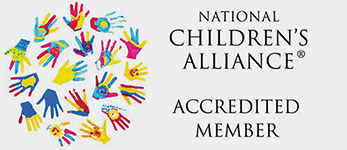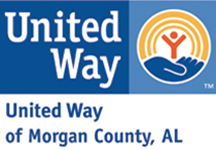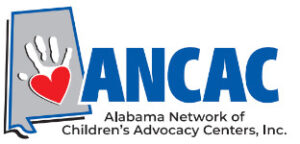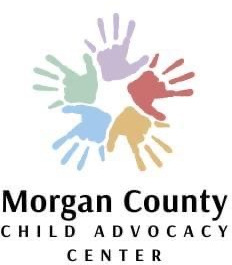Abuse Information
How to Report Suspected Child Abuse
Reporting suspected child abuse is one of the most important steps you can take to protect children. If you suspect abuse, call the Morgan County Department of Human Resources (DHR) at (256) 301-8800 or call your local law enforcement at the number listed on this page. If the child is in immediate danger, CALL 911.
Morgan County Sheriff’s Office
http://www.morgancoso.com/
(256) 301-1174
Decatur Police Department
http://www.decaturalabamausa.com/departments/police-department/
(256) 341-4600
Hartselle Police Department
http://www.hartselle.org/hart/government/police-department/
(256) 773-8264
Priceville Police Department
http://www.townofpriceville.com/town-services/public-safety/
(256) 350-2946
Somerville Police Department
http://www.townofsomerville.org/municipal-services.html
(256) 778-8282
Trinity Police Department
http://www.trinityal.gov/index.php/town-services-2/police-department/
(256) 355-1326
If you live outside the Morgan County, call the National Child Abuse Hotline at 1-800-4-A-CHILD (1-800-422-4453)
Place Holder
Who are the Mandatory Reporters?
- Medical Facilities: All hospitals, clinics, sanitariums
- Medical Professionals: Doctors, physicians, surgeons, medical examiners, coroners, dentists, osteopaths, optometrists, chiropractors, podiatrists, physical therapists, nurses, pharmacists, and mental health professionals
- Educators: Employees of both public and private K-12 facilities, school teachers and officials, day care workers or employees, employees of public and private institutions of postsecondary and higher education
- Local & State Officials: Peace officers, law enforcement officials, social workers
- Clergy: Any ordained, licensed, or commissioned minister, pastor, priest, rabbi, or practitioner of any bona fide established church or religious organization, or any person who devotes a substantial portion of his or her time and abilities to the service of his or her church or religious organization
- Any person called upon to render aid or medical assistance to any child
What is the Procedure for Reporting?
- When a child is known or suspected to be a victim of child abuse or neglect, the mandatory reporter himself is required to report orally by telephone or direct communication immediately, followed by a written report to a duly constituted authority.
- Previously, the law permitted a person to notify his or her supervisor, and the supervisor would then be responsible for making the report. That process is no longer permitted, and the person who has direct knowledge of or suspicion of abuse or neglect must be the one to make the report.
- The “duly constituted authority” refers to any law enforcement officer, (such as a sheriff or police officer), or the DHR office in the county where the abuse is taking place, or in the county of the child’s residence. In the case of an immediate emergency, 911 is an appropriate authority to notify.
- When the initial report is made to a law enforcement official, that law enforcement official must notify DHR, and likewise, when the initial report is made to DHR, the DHR official must notify law enforcement.
- Note on clergy: when a person communicates with clergy in the scope of the clergyman’s professional capacity, and when that communication is made with the understanding that it should not be revealed to another, and the person is merely seeking spiritual advice, the communication is protected by privilege, under Rule 505 of the Alabama Rules of Evidence. However, the communication from a person to clergy is not protected (and is thus reportable) when the communication is in furtherance of a crime or a fraud.
Reference: Alabama Network of Children’s Advocacy Centers, Inc.
What are the Consequences of Punishing an Employee Who Reports?
- Effective immediately, any public or private employer who discharges, suspends, disciplines, or penalizes an employee solely for reporting suspected child abuse or neglect will be guilty of a Class C Misdemeanor.
- The sentence for committing a Class C Misdemeanor is confinement in jail for a period not to exceed 3 months.
Reference: Alabama Network of Children’s Advocacy Centers, Inc.





This website is supported by funding awarded by the Law Enforcement Traffic Safety Division of ADECA and the U.S. Department of Justice. The opinions, findings, and conclusions or recommendations expressed are those of the author(s) and do not necessarily reflect the views of the Department of Justice or grant-making component.
